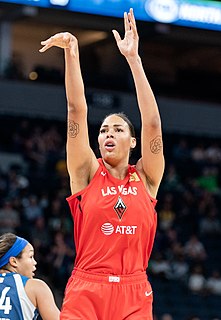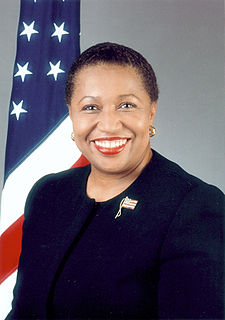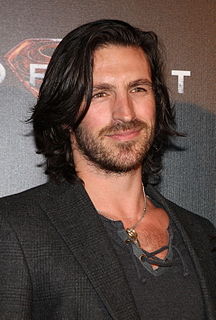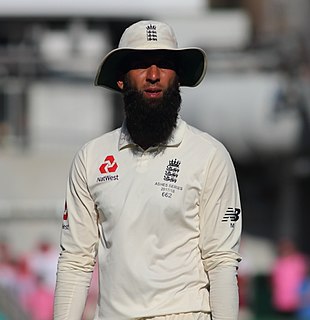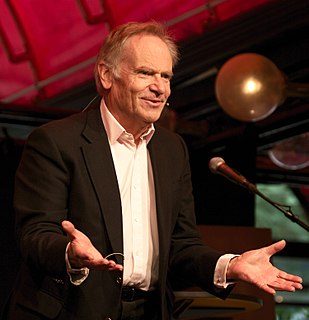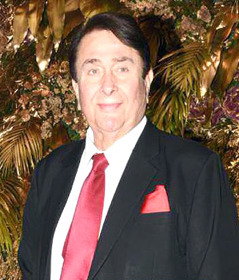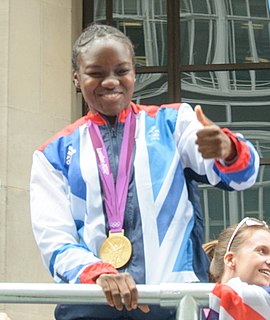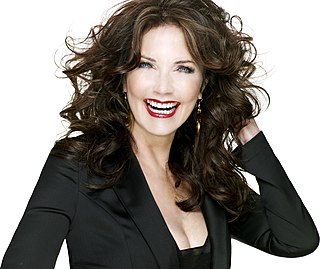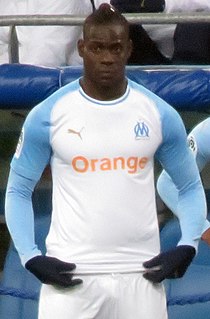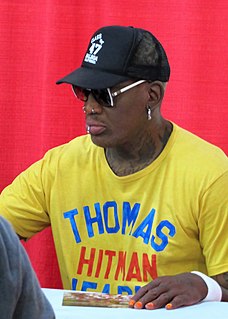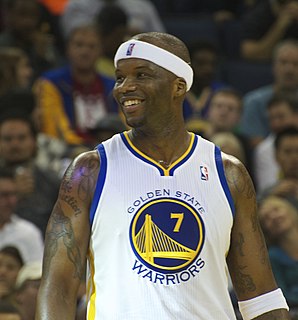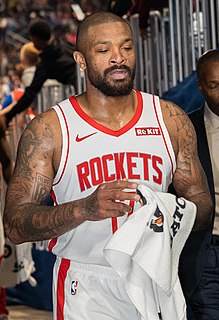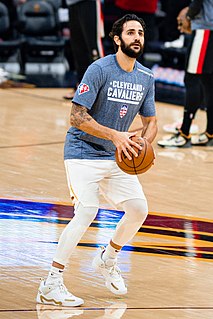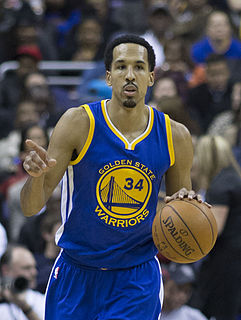A Quote by Liz Cambage
In the States is when I learnt about racism and I started to learn and embrace who I was.
Related Quotes
Many European countries are fascinated with minorities from the United States. They still see this country as a world power and they covet that power...I was approached by a professor once at the Sorbonne in Paris and asked about racism in this country, and when I reflected on racism on the streets of Paris - you know, I'd be considered an Arab there -well, she didn't want to address that...It just goes to show it was easier for Europeans to study racism in the United States than it is from within the belly of the beast.
My point is you can fight racism and sexism and homophobia more effectively if you're doing it from the position that you're standing for the dignity of all people, and that you're actually standing for the underdog in the red states and the blue states. I think it's more effective when you're anti-racism and anti-sexism and anti-homophobia and that is the centerpiece for a project to uplift all humanity, and frankly to defend and uplift the children of all species.
